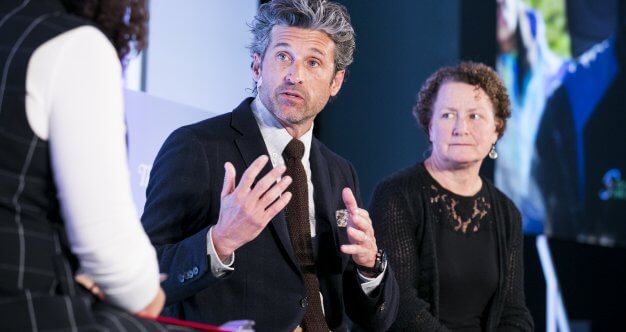At an incredible gathering of the cancer community at the People v. Cancer conference in New York City today, celebrity advocates Marcia Cross and Patrick Dempsey gave forceful and inspirational talks about their experiences with cancer and lessons they’ve learned as advocates and caregivers.
Cross, an anal cancer survivor, focused on eliminating the stigma associated with the disease, and emphasized the need for people of all ages to get checked for anal cancer. Dempsey, pictured above with Dr. Raymond DuBois, the past president of the American Association for Cancer Research (who spoke in a separate session), spoke movingly of his mother’s battle with ovarian cancer, the stories she shared with her family before passing away, and his approach to holistic care at the Dempsey Center in Maine.
Read MoreSurvivorship in the Spotlight
There are few stories out there more positive than the increase in the number of people surviving after their cancer diagnoses. Recent research estimates that by 2030, there will be 22.1 million cancer survivors living in the U.S. some five million more than there were in January 2019. As panelists discussed new research and cancer treatment advances, they also highlighted the need to focus on these survivors, and to treat the whole person, not just the cancer.Several seminars touched on the need for holistic treatments — treating not just the disease, but the whole patient, such as taking into account the emotional and spiritual effects of their cancers. Dempsey, in addition to talking about his mother, Amanda Dempsey, who died of ovarian cancer in 2014, discussed the two holistic treatment centers he founded in Maine, explaining how its services — which range from massage and acupuncture to counseling — are designed to help patients, their loved ones and their caregivers cope with their disease.
In a similar vein, Kate Bowler, who was diagnosed with stage 4 colon cancer, and doctor and author Sunita Puri talked about getting doctors to slow down when talking with patients to enable them to listen to people’s concerns, and to make room for compassion. They also said that palliative care workers should explain their role and purpose in a way that makes that process more human and less scary.
Dr. Samit Hirawat, chief medical officer in Global Drug Development at Bristol-Myers Squibb, and Linda House, president of their Cancer Support Community, also talked about seeing the whole person, and incorporating advocacy into research and clinical trial design to make sure patient needs are met. Dr. Samit says he is particularly focused on measuring quality of life; how patients are doing above and beyond the standard measures of how much their disease has progressed.
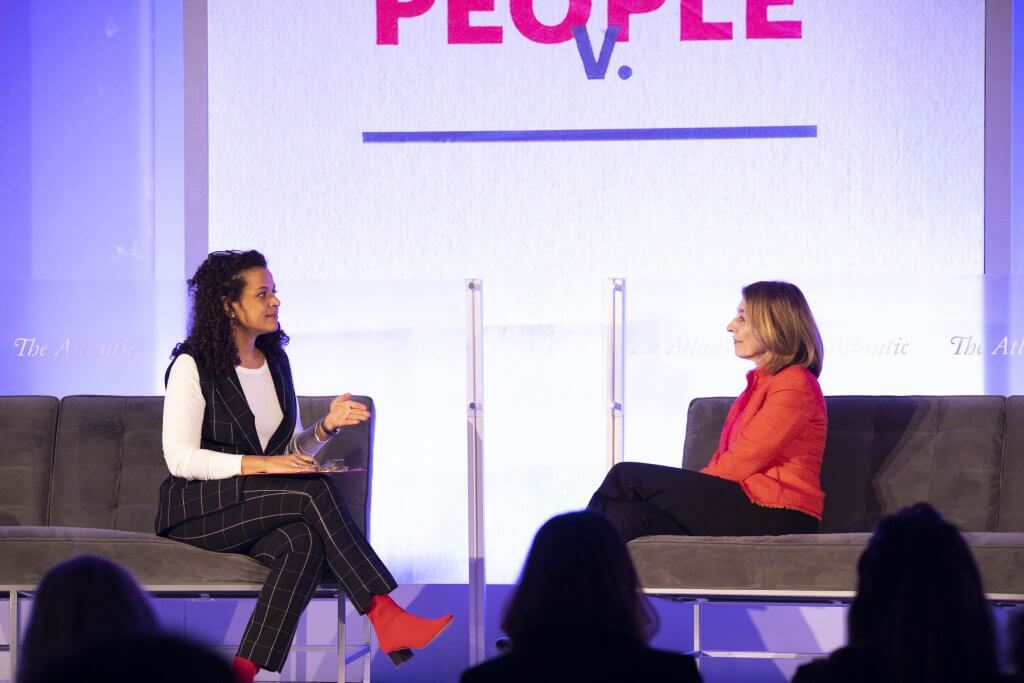
The Evolution of Cancer Treatments
Throughout the conference, speakers highlighted remarkable new areas of research while making it clear that the changes would only make a difference if the cancer care community adopts a culture of collaboration, trust and transparency.
“Why waste time being competitive?” asked Dr. Laurie Glimcher, president and CEO of the Dana Farber Cancer Institute, who called collaboration the “special sauce” for progress at Dana Farber in a session called “What’s on the Horizon.”
Experts also discussed the CRISPR gene-editing technology, emphasizing that it isn’t just for creating designer babies and that there may be legitimate ways to use it to prevent cancer. Trials are currently being conducted to test whether this technology can be used as a kind of molecular scissor to change human DNA in order to prevent cancer.
The Role of Food During Treatment
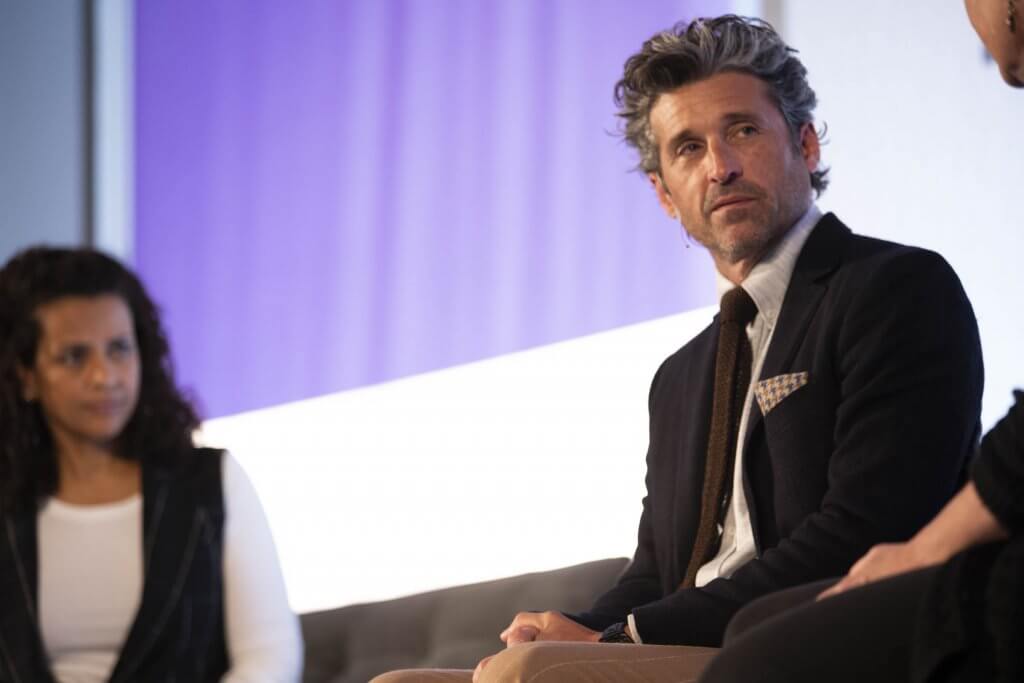
Food also had its moment in the spotlight. Dr. Nagi Kumar, senior member of the Moffitt Cancer Center, and Dr. Yael Vodovotz, professor and director of the Center for Advanced Functional Foods, said that through research conducted on eating habits and cancer rates in different parts of the world they’ve been able to identify foods that may be helpful during cancer treatment. For example, they said, populations that drink a lot of green tea have lower mortality rates from prostate cancer. They want to apply knowledge like this to create healthy, healing concentrates, but need to continue doing research to learn more about foods and their effects.
Genetic Testing
The conversation about genetic testing also took center stage, as panelists, including Dr. Diane Simeone, director of the Pancreatic Cancer Center at NYU Langone Health, emphasized the truism "information is power."
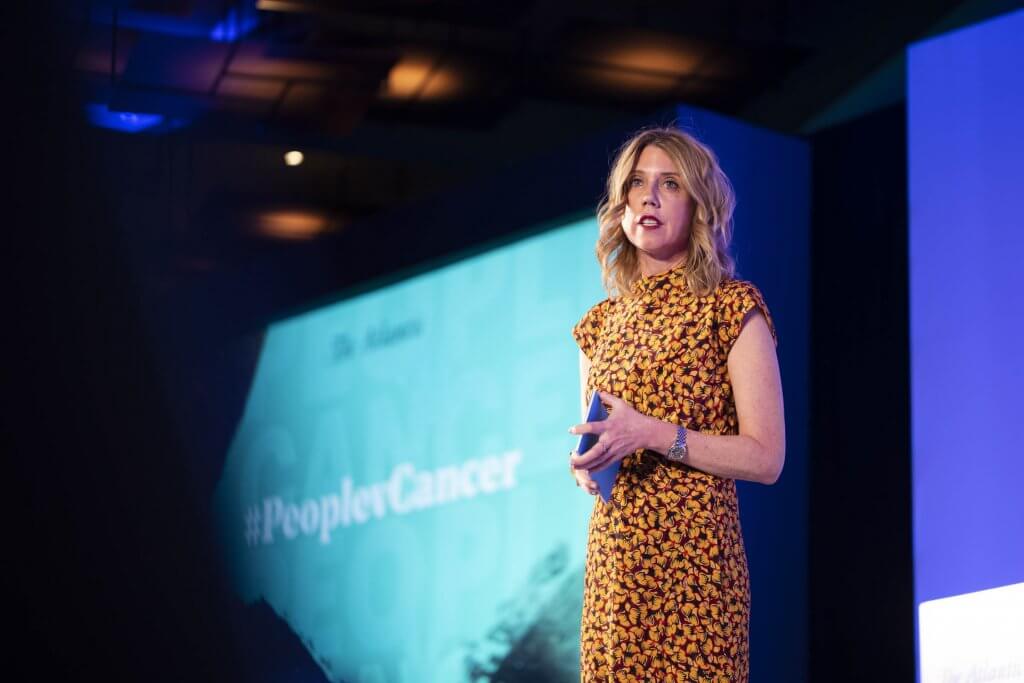
Breast cancer survivor Amy Armstrong's cancer story stood as a clear example of the value in genetic testing. After learning through a genetic test that she had an inherited genetic disease that made her highly likely to develop stomach cancer, too, Armstrong chose to have her stomach removed.
"I believe in hope, but not as a strategy when it comes to your health," Armstrong told the audience in a powerful moment.
Ensuring Access and Equity in the Future of Cancer
70-80% of cancer patients are not treated at major academic cancer center.
The tremendous progress in cancer care doesn’t help those who don’t have access to treatment, and another prominent question discussed at the conference was the best way to ensure equitable care in cancer.
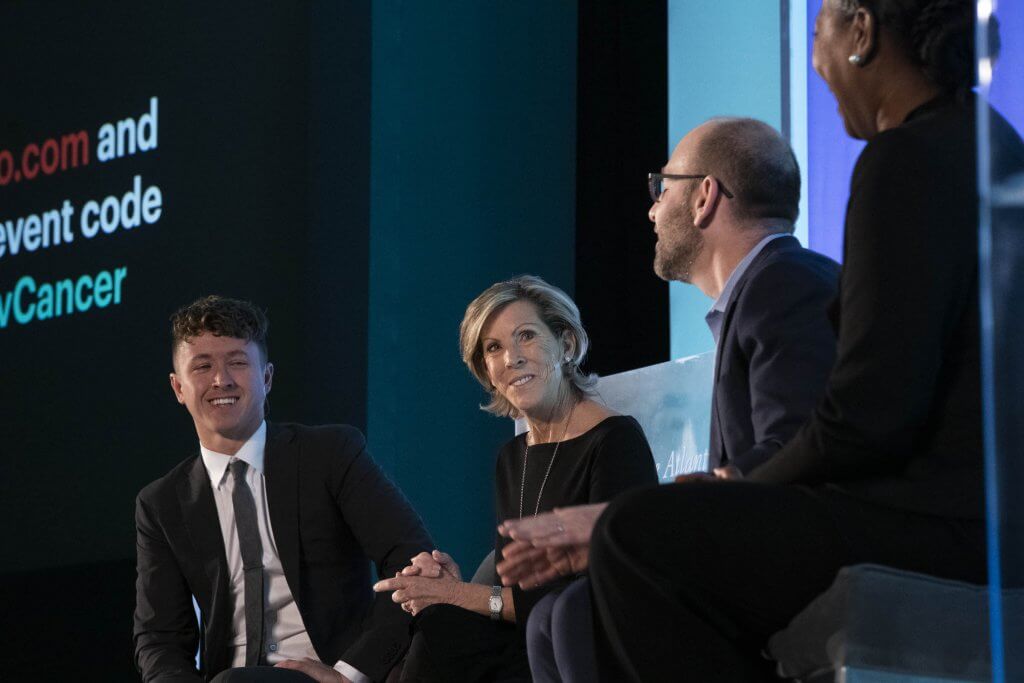
In the Your Data Can Save Your Life session, Dr. Dara Richardson-Heron from the National Cancer Institute’s All of Us Research program stressed the need to collect data from all patient populations — especially minority patients who have been historically underrepresented in clinical trials.
Richardson-Heron and others, including the Multiple Myeloma Research Foundation’s Kathy Giusti, agreed that establishing trust in the medical system is vital if we’re going to engage all patients in research and to bring them onboard to share their data.
Dr. Yousuf Zafar, the director of the Center for Applied Cancer Health Policy at the Duke Cancer Institute and Dr. Blythe Adamson, a senior quantitative scientist at Flatiron Health, spoke about the impact of policy on care equity, highlighting recent research that found that the Medicaid Expansion had dramatically narrowed disparities in access to timely treatment.
Learn more about SurvivorNet's rigorous medical review process.

